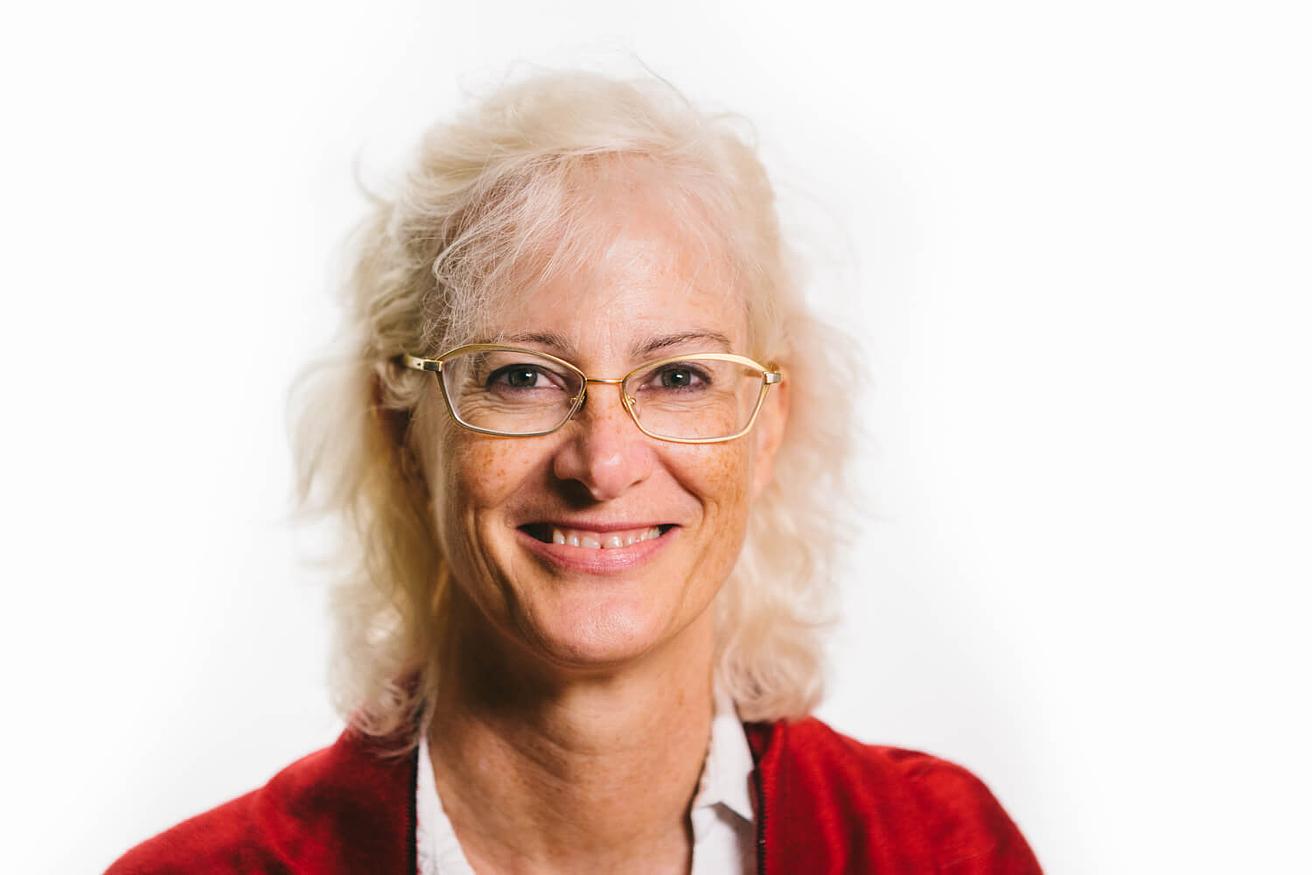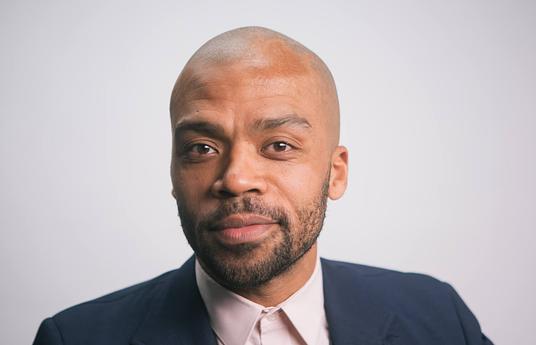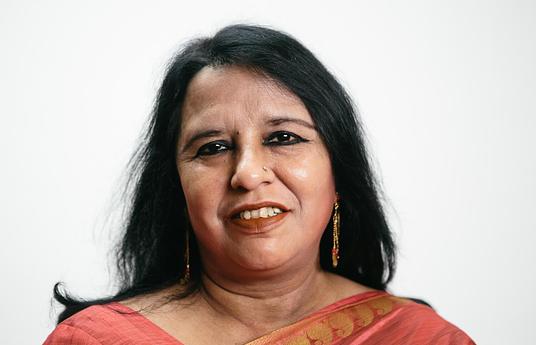Jennifer Camulli
Jennifer Camulli is the Head of Coordinated Student Services at the International School of Macao. With twenty-five years of teaching inclusive education from kindergarten through to university, she specialises in an integrated services approach which combines inclusive education, speech therapy, counselling, and English Language Learning programs for students with special learning or emotional / behaviour needs.
Skills
What are the skills we need to be teaching our children?
From the perspective of inclusive students, meaning students who have learning disabilities, special needs or giftedness, there is a need to experience a taste of success.
Everyone has the right to experience success in their life and the challenge in schools is to help provide that to students, as opposed to a one measure in which you either hit the mark or not. That shouldn’t be the goal of education. It should be that everyone makes progress depending on where they’re at individually.
To enter into the adult world without having ever experienced success puts one at a disadvantage.
Teachers
What is the role of the teacher?
The role of the teacher is to facilitate opportunities for success, which is easier said than done. Teachers are under pressure to meet curriculum demands and prepare students for examinations that don’t cater to the individual needs of students.
Within that context, teachers need to be flexible and innovative in the classroom. They need to understand how to take a certain lesson and adapt it to the individual students in the class. There are all kinds of learners, and everyone takes away something different depending on how a lesson is presented.
If inclusive education is the intent of government, states, or countries to implement effectively in classrooms, then they need to go back to teacher education and make all teacher education inclusive.
Assessment
What are your views on testing and how could it change?
I don’t know if our current traditional testing method is all that effective. In my view, much of it tests what a student doesn’t know rather than assessing what a student does know and what they’ve learned. So, again it focuses on the non-success part of a student.
Certainly students who achieve high marks seem to celebrate that they’ve learned all these things, but essentially the format, whether it’s essays, multiple choice, short answers or working out formulas, tries to identify what students don’t know. It’s always looking for mistakes as opposed to identifying aspects that students have learned and have progressed from.
Environments
What would be the best learning environment?
I don’t have a simple answer for that - there are all kinds of learning opportunities. Sometimes the ‘whole class lecture-style’ has an appeal to it, because it gives everyone access to an opportunity to listen, to observe and to just take in for a little while something that’s being shared.
Small group work only works when the small group works well together and everyone is able to take on their role. Individual work is ideal for some students as well, even at home.
The world is a classroom. It doesn’t need to be in the walls of a school - the beach is a classroom, a sailboat is a classroom. Everywhere has learning opportunities. If being able to solve linear equations is treated as more important than being able to build something and understand the components that are required to make something workable, I suppose that comes from tradition and traditional values.
Leadership
Should inclusive education be part of everyday education?
Inclusive education is highly misunderstood by many people, including teachers. Inclusive education is not as simple as stating that ‘everyone has a place in the classroom’ and then has to cope. It is a group effort about meeting the needs of individual students.
You have mainstream, or average, students, that all have different needs that factor into their performance and their ability to succeed in the classroom. So whether you have someone with an identified learning disability or not, it’s still an inclusive classroom.
We are not robots, we are not clones of one another, and we all have different needs and performance abilities.
Often in inclusive education the cart seems to be before the horse. UNESCO, for example, has made this mandate in preservation for the rights to education for all. It’s a noble gesture and effort to put forward, but there is a lot that’s required in order to make it work and teachers need training. Teachers need to understand how lessons can be differentiated and how to make modifications.
Some perceive that anything modified is unfair to other students, because the other students have to perform to a standard. That looks at education in a competitive view, as opposed to an individual view. Students shouldn’t be competing against each other, they should be competing against themselves. The progress that each one makes is unique and to themselves.
Personal Memory
Do you have a favorite moment from your own education?
I have many favorite moments. My work involves providing modifications and support to students that are having difficulties accessing the regular curriculum, and every time they say: ‘oh I like math’ or: ‘I get it,’ and walk out happy from a scenario that they’ve typically struggled in, is a favorite moment for me.
What about in your own experience when you were in school?
When I was in school we knew some students that struggled, but inclusive education didn’t exist as we know it now. I think we were somewhat oblivious to how some other students performed, we just focused on ourselves. We didn’t really know the extent of the struggles they were having.
The next 100 years
The next 100 years of Finnish education should… ask Finnish students what skills they feel they need.
When we go out into the world after our formal education, most of us are not generalists. We choose a profession, a line of work, a passion that matches our own interests and high skill level in a certain area. Does everyone need to be a mathematician? Does everybody need to successfully solve quadratic equations? No.
They are important, but so are many other skills. The world has many professions that the general skills learned in schools don’t lend themselves to. It’s sort of a forced idea that we’ve chosen specifically numeracy, literacy, essay writing and test taking as the measure of what our future success will look like. Often it has nothing to do with that at all.
So, giving students skills to solve real world problems and to contribute to the real world is really where the focus should be.





